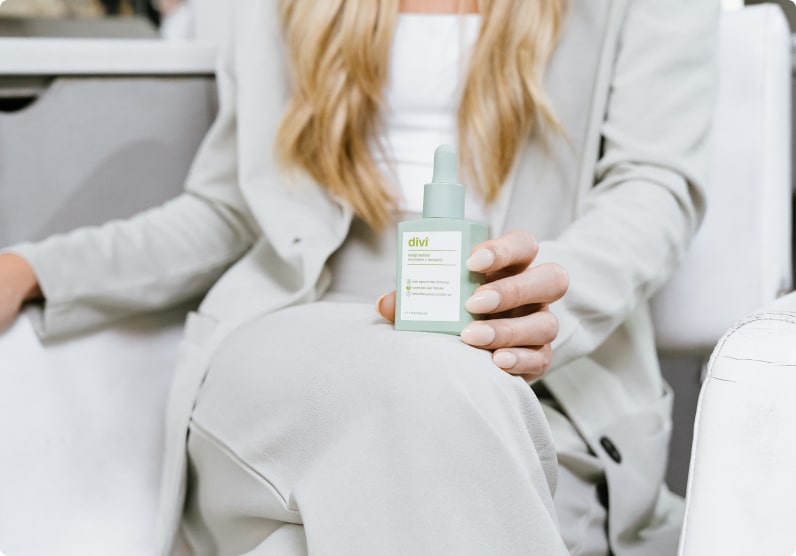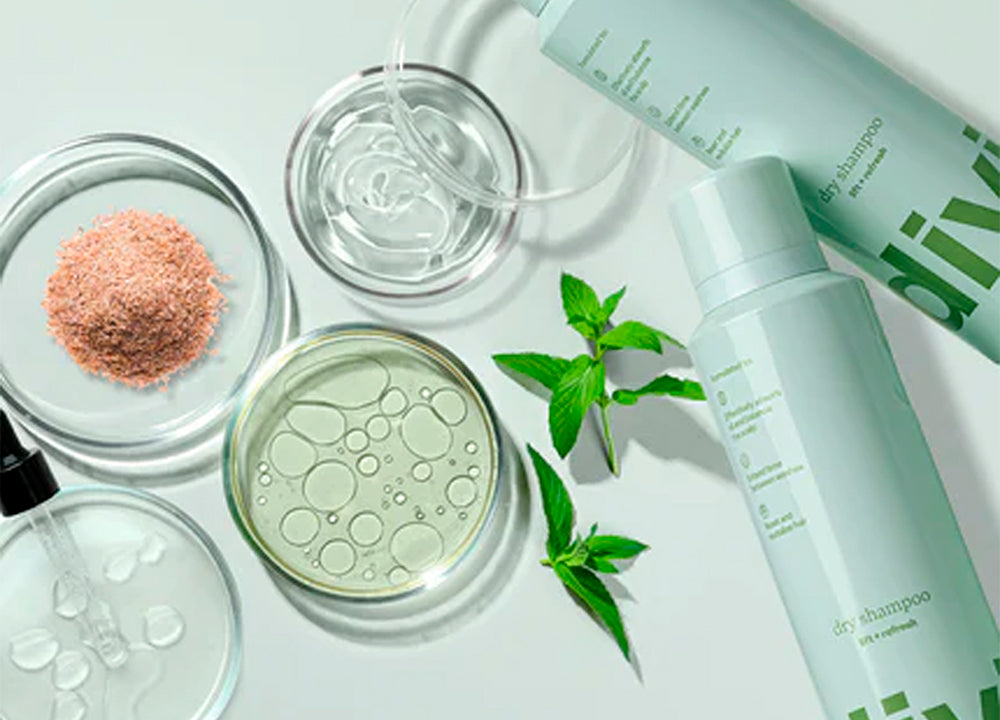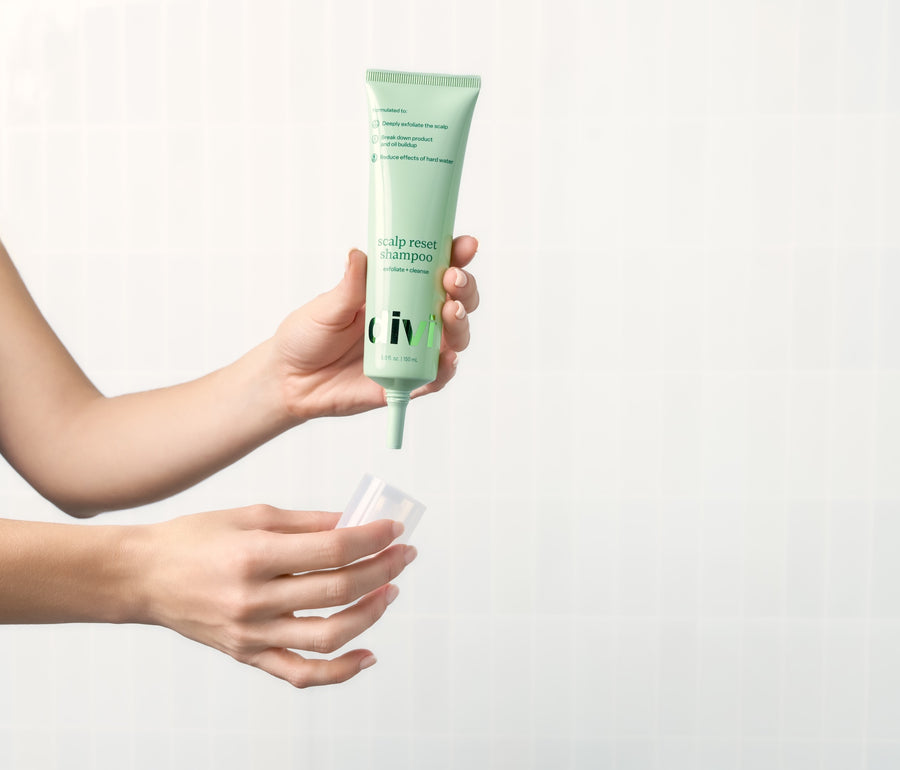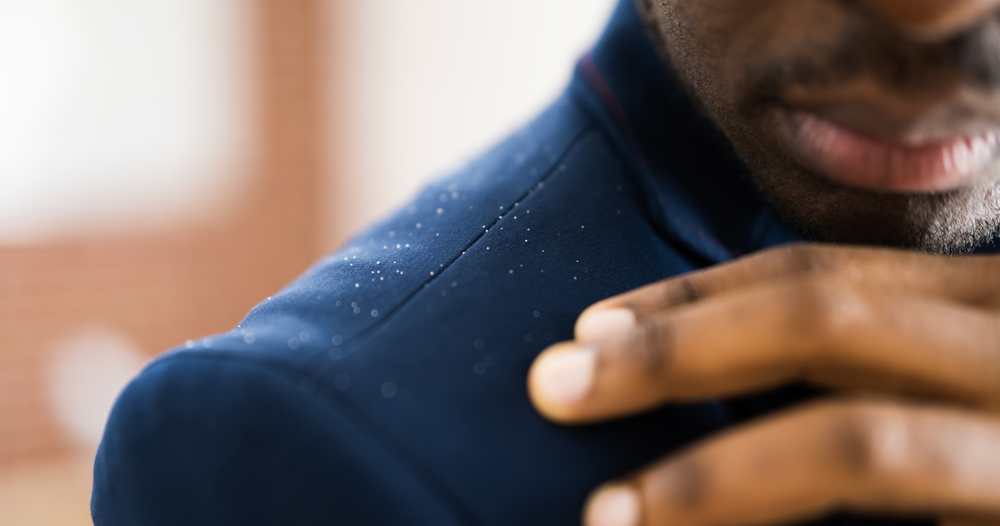Those little white flakes that accumulate in your hair are called dandruff, and they’re no fun! No one likes to have dandruff, and people who struggle with it want to know what causes it and how to prevent the white flakes from building. In order to treat dandruff, you need to understand the underlying factors that cause it. The following guide tells you precisely what you need to know about dandruff and coping with it.
The Common Causes of Dandruff
Identifying what exactly is causing dandruff can be difficult, but here are a few of the most likely causes:
- Overexposure to sunlight
- Secretions from the sebaceous glands
- Insufficient shampooing
- Excessive pressure placed on the scalp, usually from hats
- Exposure to dirt or dust
- Vigorous hair brushing
- Foods that you routinely eat
- Excessive yeast production, which aggravates your scalp and causes the body to produce excess skin cells
- Fungal colonization on the surface of your scalp
- Personal care products causing contact dermatitis, which is the skin reacting to an irritant

What Are the Different Types of Dandruff?
There are a few different types of dandruff. Here’s an overview of each type.
Oily Skin Dandruff
Sometimes your body's sebaceous glands produce excessive amounts of sebum. Sebum is a natural oil able to help keep your hair moisturized. However, an excess of sebum can have an adverse effect.
Dry Skin Dandruff
Dandruff typically occurs in people who have a dry scalp. Freezing weather and irregular hair shampooing are common causes of dry skin.
Fungus
The Malassezia globosa fungus can cause scalp infection. The fungal infection spreads rapidly when your scalp is chemically imbalanced or excessively oily.
Eczema
Eczema symptoms include flaky skin patches and, in some instances, a red rash. If it appears on the scalp, it can cause larger flakes than typical dandruff flakes.
Psoriasis
Psoriasis occurs when the immune system begins to attack healthy skin tissue. This immune response can increase the rate at which skin cells renew prior to dead skin cells sloughing off. The result is the development of scaly patches on the scalp.
Seborrheic dermatitis
Seborrheic dermatitis is an inflammatory skin condition that can develop in areas of the body with sebaceous glands.
What Are the Symptoms of Dandruff?
How can you tell if you have dandruff? Here are some of the signs.
Flakes
The dead skin cells that form tiny white or yellow flakes are telltale signs of dandruff. You'll typically first notice them on your shoulders after they've fallen away from your scalp. People often mistake dandruff for nits. Nits tend to be fixed to the hair shaft, whereas dandruff can be easily removed from the hair through brushing.
Scaly Scalp
Your scalp may develop greasy or dry scales. In severe cases, you see scaly raised bumps along your hairline that are yellow or reddish in color.
Itchy Scalp
Itching from dandruff can sometimes be a reaction to a hair product or other external agent. However, it's also a common symptom of dandruff.
Erythema
Erythema is a reaction in the skin produced by some types of products or medicine. The condition manifests as red patches appearing on the skin of the scalp and occasionally on the face.
Factors Increasing Your Risk of Getting Dandruff
Although anyone can suffer with dandruff, certain factors can make you more susceptible. Here are a few.
Age
Dandruff can be a lifelong struggle for some people. However, it usually begins in young adulthood and progresses through your middle-age years. Despite the stats pointing to dandruff occurring more often earlier in life, older adults can get dandruff.
Gender
According to the Mayo Clinic, dandruff is much more common in males than in females.
Specific Diseases
Diseases affecting the nervous system, such as Parkinson's disease, correlate with an increased likelihood of dandruff.
Can Dandruff Cause Hair Loss?
Luckily for those concerned, dandruff is not a direct cause of hair loss. However, in cases where someone has severe dandruff, it can indirectly lead to hair loss. Sufferers may scratch at a flaky scalp to the extent that it damages hair follicles.
Hair growth can be slowed or stopped altogether when hair follicles are frequently inflamed, resulting in hair thinning. This situation can be made worse by twisting the hair and vigorous brushing.
What Is the Difference Between Dandruff and a Dry Scalp?
Although people tend to use the terms interchangeably, dandruff and dry scalp are different conditions. A dry scalp occurs when the scalp doesn't produce or retain enough moisture, whereas oil secretions, fungal infections and sensitivity to certain substances can cause dandruff.
People with naturally dry skin are more prone to dry scalp, but excessive washing, dry air, and conditions such as eczema can cause dry scalp.
While telling the difference between the two can be difficult, it's worth noting that the flakes are more likely to be a sign of dandruff if your scalp feels oily, if your hair appears greasy, or if you experience an intense scalp itch in instances where the scalp does not feel or appear to be dry.
How Is Dandruff Diagnosed?
Diagnosing dandruff is often a simple matter of a dermatologist examining your scalp. People often make a self-diagnosis from easily identifiable symptoms.
How to Prevent Dandruff
Preventing dandruff is typically a matter of making a few lifestyle changes. Here are some steps you can take.
Create a Suitable Routine
If your scalp is naturally oily, shampooing your hair each day may be ideal for preventing dandruff. If you have a dry or sensitive scalp, reducing how often you shampoo may be beneficial. Either way, a mindful adjustment in shampooing technique can often help. Divi's Shampoo can be used regularly by those with dandruff. Our dermatologist-approved formula is ideal for restoring your scalp to optimal health and has been shown to target the root causes of dandruff.
Get Enough Sun
Getting sufficient amounts of sunlight may be suitable for controlling dandruff. However, excessive exposure to UV rays can harm your skin cells, so avoid sunbathing and apply sunscreen.
Maintain a Healthy Diet
According to the Mayo Clinic, a diet with a balanced amount of zinc, healthy fats and vitamin B can help to prevent dandruff. An unhealthy diet has the potential to make dandruff worse.
Limit the Usage of Risky Hair Products
Overuse of hair care products can cause product buildup on both the hair and scalp, resulting in your scalp becoming oilier than necessary. Fortunately, Divi’s hair products – our Scalp Serum, Shampoo & Conditioner – are all safe and can help alleviate product and skin buildup, as well as dandruff.
Dandruff and Diet
We recommend an overall healthy lifestyle if you want to tackle the root causes of dandruff. Using Divi's scalp care products is a great start, but you should consider the importance of a balanced diet in tackling the condition.
Foods that can help create a healthy and balanced diet are:
- Low in sugar
- Antioxidant-rich
- Fruits and vegetables
- Healthy fats
Avoid or reduce your intake of these foods:
- Sugary foods
- Processed foods and bad fats
- Yeast
What Dandruff Treatments Can You Use?
Anti-dandruff shampoo is the go-to method for those looking to treat dandruff, but the ingredients are more important than the name. Sometimes, anti-dandruff shampoos contain harsh ingredients that can make symptoms worse.
Divi's Shampoo contains jojoba seed oil, among many other natural ingredients, which can add moisture to your hair and reduce dandruff in the process.
You might be considering using medications if you're suffering from an itchy and flaky scalp. However, topical over-the-counter dandruff shampoos and treatments may contain harsh ingredients that do more harm than good.
Those with dandruff can use Divi's Shampoo, Conditioner, and Scalp Serum. Our dermatologist-approved formulas in all three are ideal for restoring your scalp to optimal health, including reducing dandruff flakes and associated symptoms.
When Should You See a Dermatologist for Dandruff?
Dandruff can generally be easily diagnosed and treated without medical intervention. However, if you've already tried home remedies and over-the-counter dandruff shampoos and your condition isn't improving, then your next step should be to seek out the help of a dermatologist (skin doctor).
A dermatologist will likely prescribe you medicated shampoo or another treatment specifically for your condition.
Dandruff Dos and Don'ts
If you have dandruff, you probably have many questions about how to look after your scalp and hair. Here are some tips based on frequently asked questions for what to do and what not to do if you have dandruff.
Should I Wash My Hair Every Day if I Have Dandruff?
There is no blanket recommendation regarding how frequently you should wash your hair. Some sources claim that daily washing suits those with dandruff or an oily scalp
However, if you leverage this approach and are looking for measurable improvements in your scalp condition, you should seek advice from a dermatologist. Dermatologists can provide a more accurate recommendation.
Should I Scratch My Dandruff Out?
While scratching is a natural reaction to an itchy scalp, doing so is not advisable. Besides the flakes ending up on your clothes and shoulders, the temporary relief offered by scratching has the potential to do more harm than good to your hair follicles and scalp health.
If you have seborrheic dermatitis and scratch at your scalp, the skin underneath the flakes can be broken and exposed to infection. A possible infection can worsen the symptoms of dandruff.
Does Dandruff Spread Through Pillows?
Dandruff is not contagious. People with dandruff are more susceptible to the adverse effects of naturally occurring microbes and oils present on the scalp. So, you cannot "catch" dandruff from a pillow.
Final Thoughts About Dandruff
Skin conditions like dandruff might be hard to live with, but it's important to remember that they're extremely common. Treating dandruff can be straightforward and often simply requires a change in hair care routine.
Divi’s lineup of Shampoo, Conditioner and Scalp Serum cultivates the healthiest environment for hair growth, promoting thicker, fuller and healthier hair and healthier scalps, which may result in less scalp irritation and less dandruff. Divi’s hair care products support natural cell renewal, helping support scalp health from the inside out.











































 Scalp Serum
Scalp Serum
 Scalp Reset Shampoo
Scalp Reset Shampoo
 Dry Shampoo
Dry Shampoo
 Best Sellers Bundle
Best Sellers Bundle
 Weekly Reset Duo
Weekly Reset Duo
 Root Touch Up
Root Touch Up
 Strand Plumping Styling Cream
Strand Plumping Styling Cream
 Root Reset Duo
Root Reset Duo
 3-in-1 Leave-In Conditioner
3-in-1 Leave-In Conditioner
 Air Dry Cream
Air Dry Cream
 Wash Day Essentials
Wash Day Essentials
 Frizz-Fighting Trio
Frizz-Fighting Trio
 Home & Away Dry Shampoo Bundle
Home & Away Dry Shampoo Bundle
 Volumizing Shampoo & Conditioner
Volumizing Shampoo & Conditioner
 Jumbo Volumizing Shampoo & Conditioner
Jumbo Volumizing Shampoo & Conditioner
 Volumizing Starter Bundle
Volumizing Starter Bundle
 Major Volume Bundle
Major Volume Bundle
 Volume Rescue Trio
Volume Rescue Trio
 Hydrating Shampoo & Conditioner
Hydrating Shampoo & Conditioner
 Whipped Repair Treatment Mask
Whipped Repair Treatment Mask
 Hydrating Starter Bundle
Hydrating Starter Bundle
 Hydration Heroes
Hydration Heroes
 Travel-Sized Volume Duo
Travel-Sized Volume Duo
 Travel-Sized Hydrating Duo
Travel-Sized Hydrating Duo
 Divi's Discovery Set
Divi's Discovery Set
